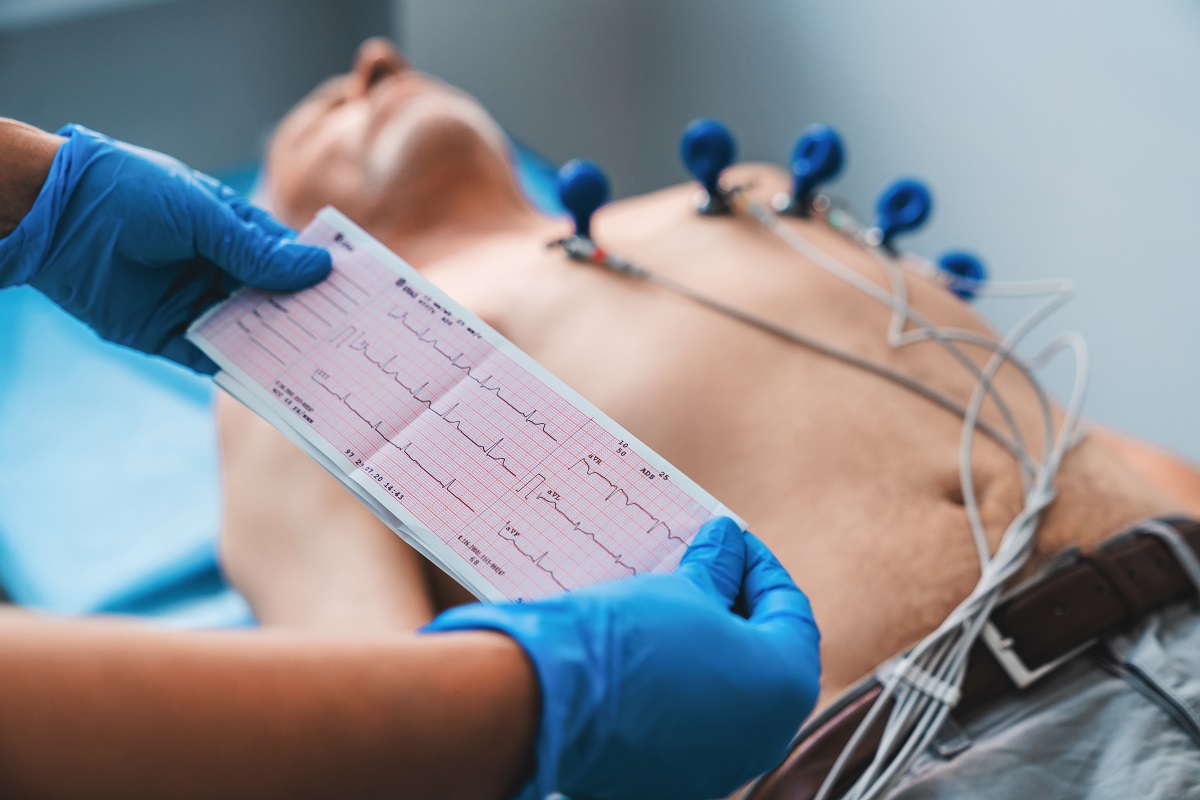Comprehensive Guide to Echo Test in Bangalore: What You Need to Know

Echo Test in Bangalore: A Complete Guide for Patients
If your doctor has suggested an echo test in Bangalore, you may be wondering what it involves, how it helps, and why it’s important. This non-invasive diagnostic test plays a vital role in evaluating heart health and is often recommended when there are concerns about cardiac function. By understanding what to expect, you can prepare better and feel more confident about the process.
What is an Echo Test?
An echo test, or echocardiogram, is a type of ultrasound scan that uses sound waves to create detailed images of the heart. It allows doctors to see the heart’s chambers, valves, and pumping strength in real time. Unlike an ECG, which records the electrical activity of the heart, an echo test shows the actual movement and structure of the heart.
Why is an Echo Test Recommended?
Doctors often recommend this test when a patient shows symptoms that may be linked to heart issues. Common reasons include:
- Shortness of breath
- Chest discomfort or pain
- Irregular heartbeat
- Swelling in the legs or ankles
- Previous history of heart disease
Through this test, medical experts can detect conditions such as valve problems, congenital heart defects, infections, or even damage from previous heart attacks.
Types of Echo Tests
1. Transthoracic Echocardiogram (TTE)
The most common type, performed by placing a transducer on the chest to capture heart images.
2. Transesophageal Echocardiogram (TEE)
A more detailed test where a probe is inserted through the esophagus to provide clearer images, especially for valve and back-of-heart issues.
3. Stress Echocardiogram
Conducted before and after physical exercise or medication-induced stress to see how the heart responds under pressure.
4. Doppler Echocardiogram
This variation measures the speed and direction of blood flow, helping diagnose blockages or leaks in heart valves.
How to Prepare for an Echo Test
The preparation depends on the type of echocardiogram:
- For TTE: No special preparation required.
- For TEE: Fasting for several hours before the procedure may be necessary.
- For Stress Echo: Comfortable clothing and possibly avoiding food, caffeine, or smoking before the test.
It’s best to follow the doctor’s instructions for accurate results.
Step-by-Step Procedure of an Echo Test
- You’ll lie down on an examination table.
- A gel will be applied to your chest.
- A small device (transducer) will be moved around your chest area.
- The device emits sound waves that produce moving images of your heart.
- The entire process typically takes 30 to 60 minutes.
This test is safe, painless, and does not expose you to radiation.
Benefits of Undergoing an Echo Test
- Accurate diagnosis of heart conditions
- Non-invasive and painless procedure
- Quick results that help doctors make treatment decisions faster
- No recovery time required—patients can resume normal activities immediately
Risks and Limitations
While the test is generally safe, some patients may experience slight discomfort during a transesophageal echo due to the insertion of the probe. Rarely, complications such as throat irritation or reactions to sedatives may occur.
In terms of limitations, an echo test may not always provide complete clarity if a person has a thick chest wall, obesity, or lung disease. In such cases, additional imaging may be required.
When Should You See a Doctor for an Echo Test?
If you notice persistent symptoms like chest tightness, unexplained fatigue, palpitations, or swelling in your feet, it is advisable to consult a cardiologist. Early diagnosis through an echo test can prevent complications and help in better management of heart conditions.
Cost of Echo Test in India
The cost of an echocardiogram varies depending on the type of test, location, and healthcare facility. On average, it ranges between ₹1,500 to ₹5,000. Specialized tests like TEE or stress echo may cost slightly higher due to the equipment and expertise required.
Conclusion
An echo test in Bangalore is one of the most reliable ways to detect heart issues early and ensure timely treatment. With advancements in diagnostic technology, the procedure has become quicker, safer, and more accurate. Whether you are undergoing the test as a preventive measure or as part of a treatment plan, understanding the process can ease your concerns and help you prepare better.
Frequently Asked Questions (FAQs)
1. What is the difference between ECG and Echocardiogram?
ECG records the heart’s electrical signals, while an echocardiogram creates moving images of the heart’s structure and function.
2. How long does an echocardiogram take?
Typically, it takes 30 to 60 minutes, depending on the type of test.
3. Is an echocardiogram painful?
No, it is painless. At most, you may feel slight pressure when the transducer is moved on your chest.
4. Can I eat before the test?
Yes, unless you’re undergoing a transesophageal or stress echo, in which case your doctor may ask you to fast.
5. Who interprets the results?
A cardiologist or trained heart specialist analyzes the images and provides a detailed report.
6. Does the test involve radiation?
No, an echocardiogram uses sound waves, not radiation.
7. Can children undergo an echocardiogram?
Yes, children and even newborns can have the test if a heart condition is suspected.
8. Will I need someone to accompany me?
For a standard echo, it’s not necessary. However, for TEE, sedation is used, so you may need someone to accompany you.
9. How soon will I get my results?
In most cases, results are available within the same day or shortly after the test.
10. Can lifestyle changes reduce the need for future tests?
Yes, adopting a heart-healthy lifestyle—balanced diet, exercise, no smoking, and stress management—can lower the risk of needing repeated tests.

